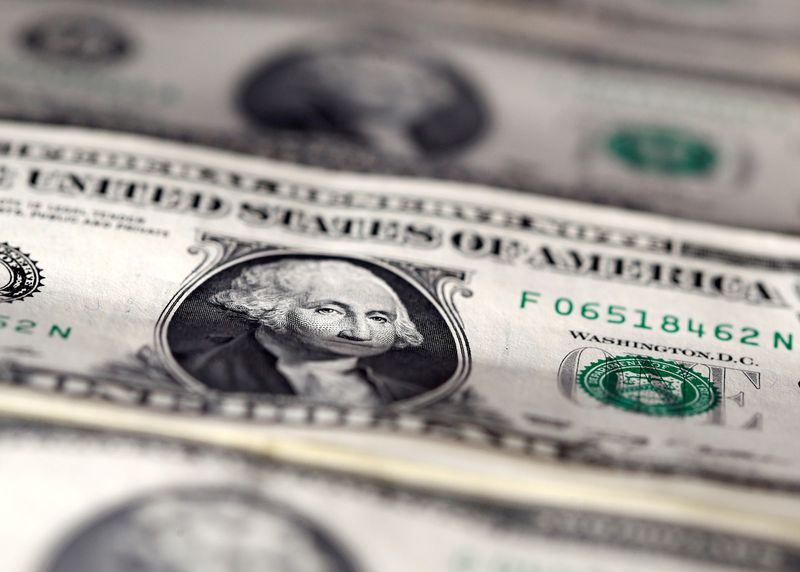BENGALURU/JOHANNESBURG (Reuters) – Most emerging market currencies are set to trade in tight ranges or pare some of the year-to-date gains in the next three months after the U.S. Federal Reserve curbed expectations for aggressive rate cuts, according to a Reuters poll.
After enduring significant losses last year and in the first half of 2024, emerging market currencies made notable gains against the dollar in recent weeks after the Fed reduced borrowing costs by 50 basis points.
However, the rally in emerging market currencies is nearing its end after Federal Reserve Chair Jerome Powell indicated the U.S. central bank would likely maintain quarter-percentage-point interest rate cuts moving forward.
Rising geopolitical tensions have also steered investors towards the safe-haven dollar and away from risk-prone emerging markets.
The broader foreign exchange poll projected the dollar to hold steady in coming months.
Most emerging markets currencies were forecast to trade in a range or weaken slightly in the next three months, according to the Sept. 30 to Oct. 3 survey of 59 foreign exchange strategists.
“We are not expecting…any further major gains in the EMFX spot versus the dollar. We are expecting a relatively even mix of winners and losers against the dollar by year-end,” said Phoenix Kalen, global head of emerging markets research at Societe Generale (OTC:SCGLY).
“We don’t think the Fed funds path will climb much higher from here, so that limits the tailwind for the dollar. But at the same time, it’s unlikely to go lower.”
The Chinese yuan, Thai baht, and Malaysian ringgit were expected to lose 1.2% to 2.0% in the next three months. Turkey’s lira was forecast to weaken nearly 5.0% by then.
Expectations of the yuan losing all its year-to-date gains over the next three months coincides with the People’s Bank of China unveiling its most substantial stimulus since the pandemic, aiming to drive the economy towards the government’s 5% growth target and away from deflation.
A surge in growth in China, a significant trading partner to many nations, would largely benefit emerging market currencies.
Median estimates showed the Indian rupee would trade at 83.73 per dollar in three months, barely changed from last month’s prediction.
The South African rand was expected to soften almost 1% per the dollar in the next three months. It has gained around 8% in the past six months following elections in May.
“For now we are a little bit cautious on EMFX into next year because of potential dollar recovery but at the same time we’re keeping an eye on what’s happening in China and stimulus measures there and how that impacts the global commodity space,” said Mitul Kotecha, head of FX & EM macro strategy at Barclays.

“The big caveat is we have U.S. elections coming up and that could be something that just prompts a degree of caution as we go into November.”
(Other stories from the October Reuters foreign exchange poll)
To read the full article, Click Here

